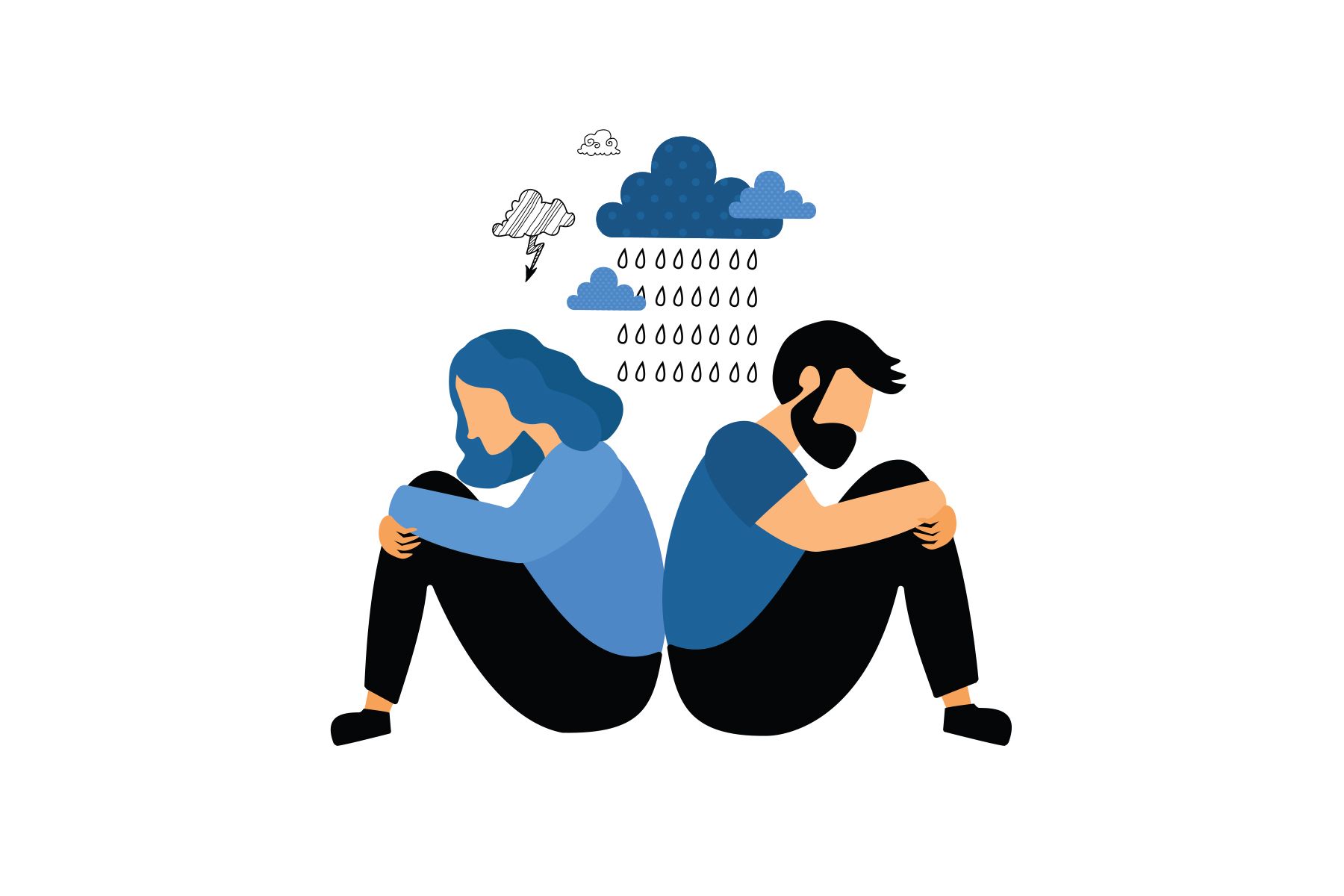Top 10 Tips to Beat Insomnia Tonight
The human body has a circadian rhythm, which is an internal clock that controls sleep and wakefulness.

Struggling to fall asleep can be incredibly frustrating, especially when you need to be well-rested for the next day. Insomnia, the inability to sleep or stay asleep, affects millions of people worldwide. While occasional sleep disturbances are common, chronic insomnia can lead to severe health issues such as anxiety, depression, weakened immunity, and decreased cognitive function. If you have to treat Sleep Disorder use waklert 150 australia , Modalert 200Mg , Artvigil 150Mg.
1. Establish a Consistent Sleep Routine
The human body operates on a circadian rhythm, an internal clock that regulates sleep-wake cycles. When you go to bed and wake up at the same time every day, your body adapts to this pattern, making it easier to fall asleep.
Benefits:
- Encourages the brain to release melatonin at the right time
- Reduces sleep anxiety and unpredictable restlessness
- Helps maintain long-term sleep quality
2. Create a Relaxing Bedtime Ritual
Engaging in calming activities before bed signals your body that it’s time to wind down. Avoid stimulating tasks like watching intense TV shows or working late at night. Instead, consider:
- Reading a light book
- Practicing deep breathing exercises
- Taking a warm bath
- Listening to soothing music
Benefits:
- Reduces mental chatter and stress levels
- Enhances relaxation and promotes drowsiness
- Improves overall sleep duration
3. Limit Blue Light Exposure Before Bed
Electronic devices emit blue light, which interferes with melatonin production—the hormone responsible for sleep. Avoid screens at least an hour before bedtime, or use blue light filter apps and wear blue light-blocking glasses if screen use is necessary.
Benefits:
- Prevents melatonin suppression
- Reduces eye strain and mental stimulation
- Improves sleep onset and overall sleep quality
4. Optimize Your Sleep Environment
Your bedroom should be a sanctuary dedicated to rest. Make adjustments that promote sleep:
- Keep the room dark with blackout curtains
- Set a cool temperature (around 65°F or 18°C)
- Use comfortable bedding and pillows
- Reduce noise with white noise machines or earplugs
Benefits:
- Encourages deeper, uninterrupted sleep
- Enhances comfort and relaxation
- Reduces external disturbances that could cause awakenings
5. Avoid Stimulants in the Evening
Caffeine and nicotine are stimulants that can keep you awake for hours. Even consuming coffee in the afternoon can disrupt sleep. Opt for herbal teas like chamomile or valerian root, which have natural sedative properties.
Benefits:
- Prevents late-night alertness
- Supports natural relaxation and sleep readiness
- Reduces nighttime awakenings caused by overstimulation
6. Get Regular Exposure to Natural Light
Exposure to sunlight during the day strengthens your circadian rhythm. Try spending time outdoors in the morning or sitting by a bright window to help regulate your sleep-wake cycle.
Benefits:
- Boosts melatonin production at night
- Enhances daytime alertness and mood
- Supports a healthy sleep cycle
7. Manage Stress and Anxiety
Racing thoughts and anxiety are common culprits of insomnia. Engage in mindfulness techniques such as meditation, journaling, or progressive muscle relaxation to calm your mind before bed.
Benefits:
- Reduces overthinking and nighttime anxiety
- Helps the body transition into a state of relaxation
- Improves overall emotional well-being
8. Avoid Heavy Meals and Alcohol Before Bed
Eating large meals late at night can cause discomfort and acid reflux, disrupting sleep. Similarly, alcohol may make you drowsy initially but leads to fragmented sleep later in the night.
Benefits:
- Prevents digestive discomfort and nighttime heartburn
- Reduces midnight awakenings
- Encourages deeper, more restorative sleep
9. Engage in Regular Physical Activity
Exercise helps regulate sleep patterns by reducing stress and promoting overall well-being. However, avoid intense workouts right before bed, as they can increase alertness.
Benefits:
- Promotes deeper sleep cycles
- Reduces stress and enhances mood
- Helps regulate the body’s natural sleep drive
10. Try Natural Sleep Aids
Certain herbal remedies and supplements, like melatonin, magnesium, and lavender, can support better sleep. Always consult a doctor before using supplements.
Benefits:
- Supports relaxation and nervous system balance
- Provides a natural alternative to sleeping pills
- Improves sleep onset and quality
Who Can Benefit from These Tips?
- People with Occasional Sleep Troubles – If you experience trouble sleeping due to stress, travel, or schedule disruptions, these methods can help restore a healthy pattern.
- Chronic Insomnia Sufferers – Those with long-term sleep difficulties can improve their sleep hygiene and manage insomnia naturally.
- Shift Workers – People working irregular hours can use these strategies to regulate sleep despite unconventional schedules.
- Students & Professionals – Better sleep enhances cognitive function, focus, and productivity.
- Elderly Individuals – Aging can lead to changes in sleep cycles, and these tips promote restful sleep without medication.
By incorporating these practical techniques into your routine, you can enjoy restful nights and wake up feeling refreshed and energized.
What's Your Reaction?



















